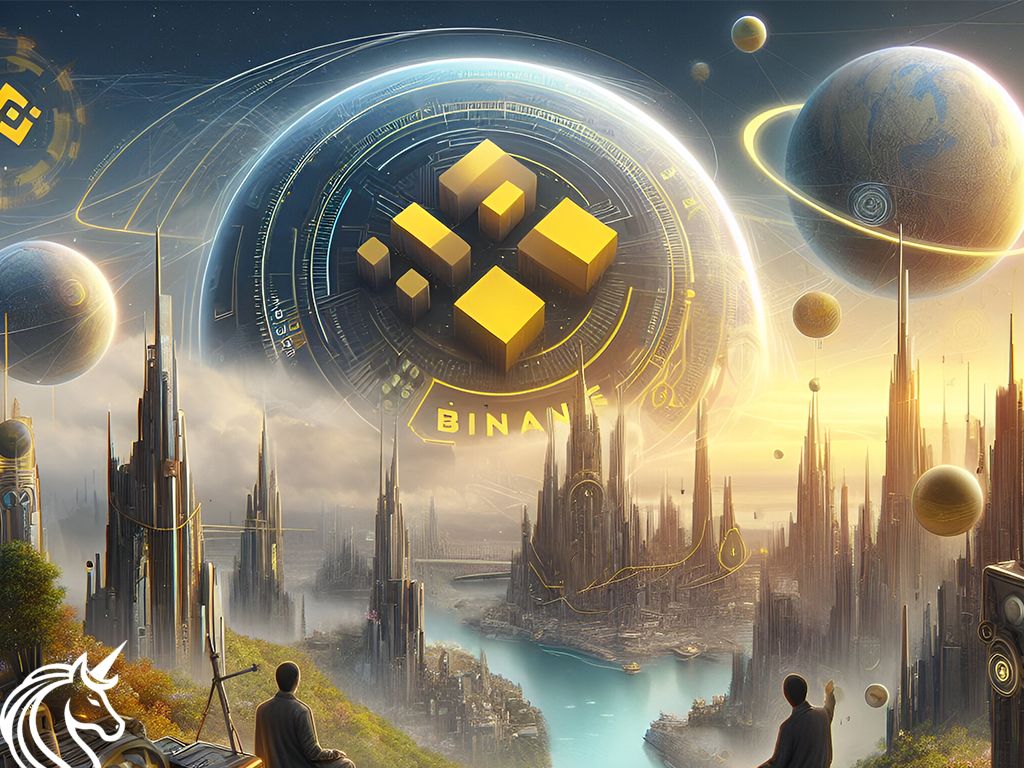- Jito Labs has announced the discontinuation of its mempool feature.
- The Solana client developer has shut down the feature due to increased MEV attacks on network users.
- Solana does not have a mempool, but Jito Labs launched its own blockchain that enabled the feature.
The developer of the Solana client represented by Jito Labs announced the closure of its mempool. The reason for the decision was the increasing frequency of MEV attacks on users of the network.
Jito Labs has decided to suspend the mempool offered through the Jito Block Engine due to negative externalities impacting users on Solana.
The decision has been made after deliberate conversations with the Jito Labs team and key Solana ecosystem stakeholders.
- Jito Labs (@jito_labs) March 8, 2024
A mempool is temporary storage for transactions awaiting inclusion in the blockchain. Unscrupulous users have learned to use this technology to conduct so-called MEV attacks, also known in the community as “sandwich attacks”.
During the realization of such an operation, special bots are relied upon to track mempools with transactions waiting to be processed. When the software detects a large transaction, it creates two trades: one before the detected transaction and one after.
In this way the bot forms a trap with price slippage. As a rule, users lose most of the amount appearing in the original transaction. At the same time, MEV attacks are not considered illegal.
The Solana network does not have its own mempool, making unscrupulous transactions of this kind impossible. However, Jito Labs launched its Solana-based blockchain, which had the mentioned feature. As a result, unscrupulous traders were able to conduct attacks on users.
“Jito Labs has decided to suspend the mempool offered through the Jito blockchain due to negative externalities for Solana users. This move was taken after thorough discussions with the team and key stakeholders in the Solana ecosystem,” the company said in a statement.
The Jito Foundation announced the launch of the JTO token in November 2023. It is designed to manage and incentivize the development of a Solana-based liquidity protocol.




